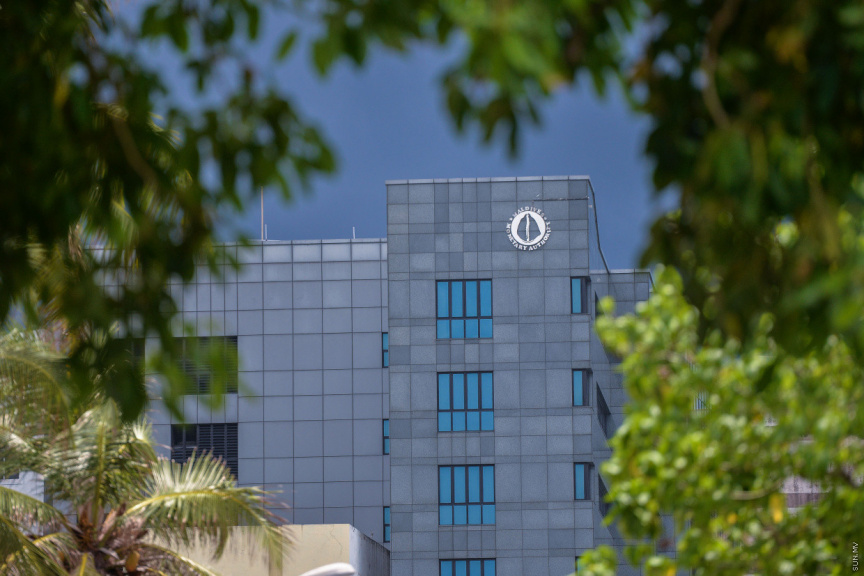
Maldives Sees 21% Rise in Dollar Inflows After Forex Reform
The Maldives Monetary Authority (MMA) has reported a significant rise in foreign currency entering the country’s banking system following the implementation of the Foreign Exchange Act earlier this year.
According to the central bank, US dollar deposits in local banks have increased by 21 percent since January. This follows the new requirement for tourism businesses to either deposit or exchange their US dollar income through local banks.
The regulation, which came into effect on January 1, aims to tackle the unofficial dollar market and improve foreign currency circulation within the formal banking system. As of June, USD 364 million has been deposited in local banks, the MMA confirmed.
Before the act was enforced, just 10 percent of the Maldives' foreign exchange earnings made it into the local banking network. That figure has now more than doubled, a move the MMA believes will support economic stability and strengthen access to foreign currency for businesses—particularly small and medium enterprises (SMEs). The goal is to increase their access to foreign exchange by 50 percent.
MMA stated that 90 percent of the foreign currency inflows are routed to the central bank. Out of this, 60 percent is used for national needs such as increasing reserves and repaying debt. This year, USD 174 million has gone towards debt servicing—a 51 percent rise compared to the same period last year.
The rest is allocated to vital imports like fuel and staple food items, while 30 percent of the received dollars are returned to commercial banks for market intervention. The bank also clarified that not all funds received are held by the government, as a portion is always released back into the economy through local banks.
Support to SMEs has notably improved, with banks now able to fulfill up to 30 percent of their foreign currency requirements through telegraphic transfers. Previously, this was limited to just 5 percent. The MMA aims to raise this level to 50 percent in the near future.
The central bank noted that the full impact of these changes will become clearer over time, but early signs suggest the reforms are already making a positive difference to the country’s financial system.